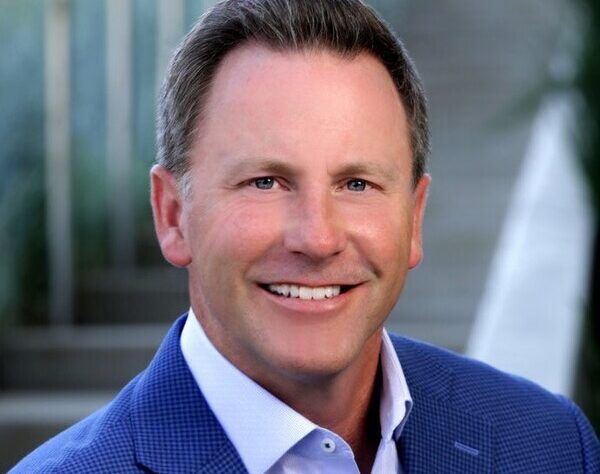To mitigate the problems and rising costs of wind and photovoltaic power downturns in Europe, clean energy storage in batteries is essential, experts say. Batteries will become a vital part of Europe’s new energy infrastructure, which will be a combination of solar, wind and storage.
“We are developing, building and operating large-scale solar PV projects in the UK and across Europe, and over the last twelve months we have developed the majority of our projects to be co-located or at least ‘storage ready’ from day one,” said Joshua Murphy , Head of Energy Storage at Econergy, an independent renewable power producer operating in six different regions with over 400 MW of solar and 102 MWh of battery storage projects in commercial operation and ready to go online. The international expert is one of the speakers at the Solarplaza Europe Asset Management Summit , taking place in Prague on 15 and 16 October.
2023 was a record year for the European solar industry, with 56 GW of new solar additions expanding the total PV capacity base to 263 GW. With the 2024 annual figure projected to reach 62 GW, the industry is set for another record year with market growth of 11%. The key questions are: where will all this renewable energy be used or stored without causing grid-related issues such as imbalances or congestion, which are increasing in many European countries? And how can the industry continue to grow while mitigating grid curtailment costs?
Battery energy storage systems (BESS) are one of the most important answers to these questions, experts say. “As a response to increasing renewable penetration, we need to manage energy efficiently across the grid, to avoid wasting large amounts of renewable energy,” Murphy said. Countries such as Spain and Greece are producing large amounts of solar power, but often not at times of peak demand, causing the grid to step in to reduce output. That’s where batteries come in to store that energy for later use. If they don’t, it will be harder to connect new PV parks to the grid. “It is therefore increasingly difficult in countries with high curtailment levels to economically justify solar power without a battery,” he said.
To scale up the BESS market, the biggest challenge for banks and investors is calculating the risks and returns of batteries. “Nobody can give a precise answer to that,” said Stefan Müller, co-founder and shareholder of Enerparc AG, an international specialist in the entire value chain of large-scale photovoltaic power plants. Batteries can stabilise the grid with frequency response and balancing services, which grid operators are willing to pay for. Or they can trade on the free APEX electricity market, charging when prices are low and selling when prices are high. “This is what we have to explain to banks and investors. The market is there, but it is a very volatile market,” Müller said.
Enerparc currently owns 500 photovoltaic plants in Europe with a total of 3 GW. The new systems combine a 25-megawatt photovoltaic plant with 10 megawatts of storage. The company is responsible for the complete marketing of this clean electricity on the energy markets – for itself and for other customers, for example for wind farm owners. This enabled Enerparc to sign a baseload PPA for the first time last year, which guarantees the supply of a constant, fixed amount of green energy. To do this, the company has to balance its own supply of electricity, which makes storage all the more important. “Photovoltaics is no longer a single business unit. We are part of the new infrastructure. We have to figure out how we can balance the grid, combining solar and wind energy, bioenergy and storage systems,” said Müller.


